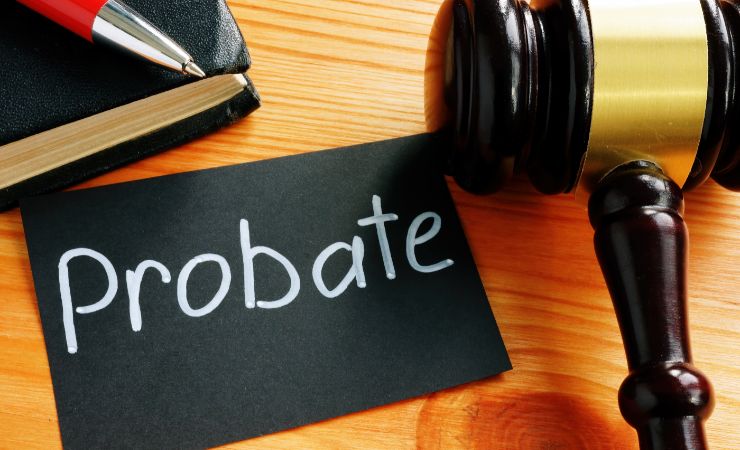
How Are Personal Injury Settlements Paid Out?
Personal injury settlements come in different forms. These can be lump-sum payments or structured settlements. They are paid out in several ways, including the comparative negligence rule. This rule is important for Personal Injury Victim(s) because it limits how much compensation a person will receive for their injuries.
Table of Contents
Structured Settlements
When you have been injured in a car accident or sustained another serious injury, structured settlements can be an excellent way to protect your money. These settlements provide a steady income stream for a set period. You will also know that the funds are protected from creditors, relatives, and friends.
Structured settlements are usually less expensive than lump sum settlements. The money you receive as a settlement will be invested in an annuity, providing you with payments over time. The insurance company will guarantee the payments for a set period, giving you more financial security. Moreover, a single payout can be spent quickly.
When you are awarded a personal injury settlement, you should work with a qualified lawyer with experience with both lump sum and structured settlements. They will be able to advise you on the best way to proceed, taking into account the tax implications. Furthermore, your lawyer can help you build a solid personal injury claim, negotiate settlement terms, and consider your options. However, you should never hire a lawyer based on an advertisement alone.
Lump-Sum Payments
When you settle a personal injury claim, you can choose a lump-sum payment or a structured settlement. Lump-sum payments give you all the money you are owed in one go. You’ll also have money to invest and pay off the debt immediately. However, a structured settlement is more beneficial if you have suffered a serious injury.
A structured settlement can help you avoid the hassles of a large lump-sum payment. Many personal injury plaintiffs lack the expertise to manage a lump-sum payment, so they hire a financial expert to handle all the financial details. These professionals can advise you on how to spend the best money, but they will charge you. That’s why some choose a structured settlement.
Lump-sum payments in personal injury settlement: If you’re injured in an accident, a lump-sum payment can provide financial security while recovering. Moreover, a lump-sum payment might be a good idea if you don’t need any future medical care.
Comparative Negligence Rule
The comparative negligence rule applies when determining how much of a settlement you will receive for a personal injury. The rule states that if two or more parties are equally at fault for an accident, you can only collect damages for the proportion of fault that was not yours. For example, if you caused a car accident but were not the driver at fault, you would only receive $10,000 of the $100,000 settlement.
Insurance companies apply this rule to reduce compensation because they do not want to pay more than is fair. This is because they have teams of attorneys and adjusters working for them. If you are uncomfortable with the compensation you receive, it is best to seek legal representation before accepting the settlement.

This rule can be tricky to apply to traffic accidents because it can be difficult to determine who was at fault. Sometimes, the accident is obvious to see who was at fault, but other times, it can be not easy to tell. However, a court can apply the comparative negligence rule to determine who is at fault for a traffic accident.
Case Expenses
If you are awarded a personal injury settlement, you should be prepared to pay case expenses. These expenses include getting medical records, hiring an investigator, and outside medical experts. Typically, these expenses are paid upfront by the lawyer. The attorney will then get reimbursed for the expenses after the case settles.
In some cases, the attorney will also charge you for some of their legal fees. These fees vary and may be paid out of the personal injury settlement. Depending on your case, you will need to reimburse your attorney for these expenses before deducting them from your settlement.
It would help if you were also prepared to pay for unpaid medical bills. Most injury settlements include payment for medical bills and records. But you may need to pay for these expenses, even if your medical provider reduces your medical bills.






